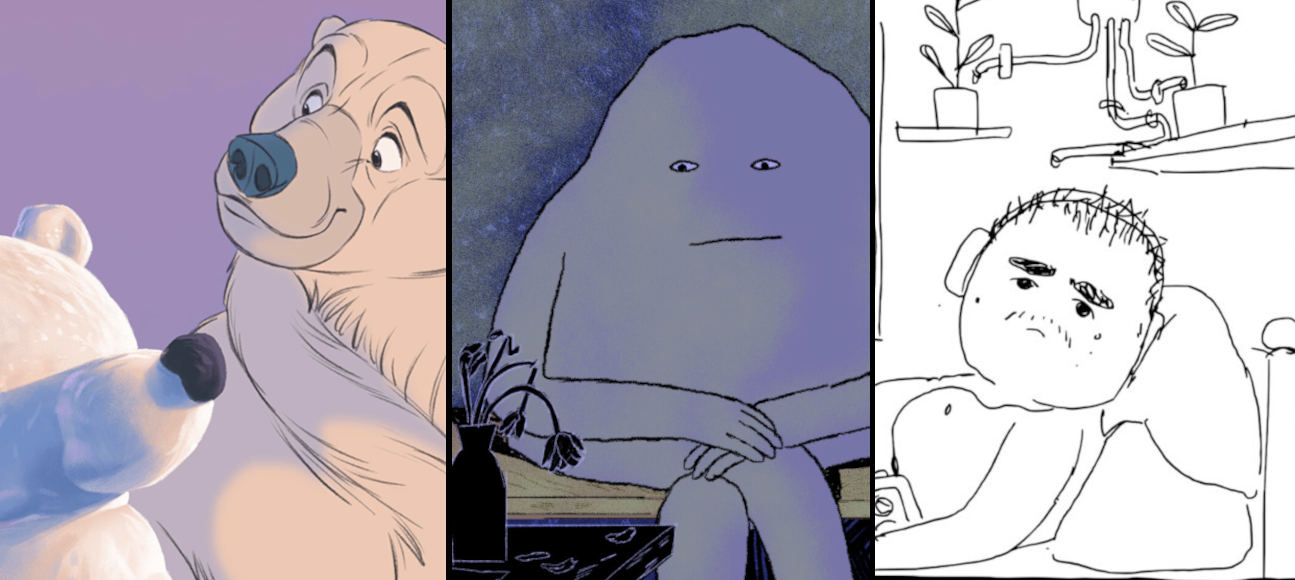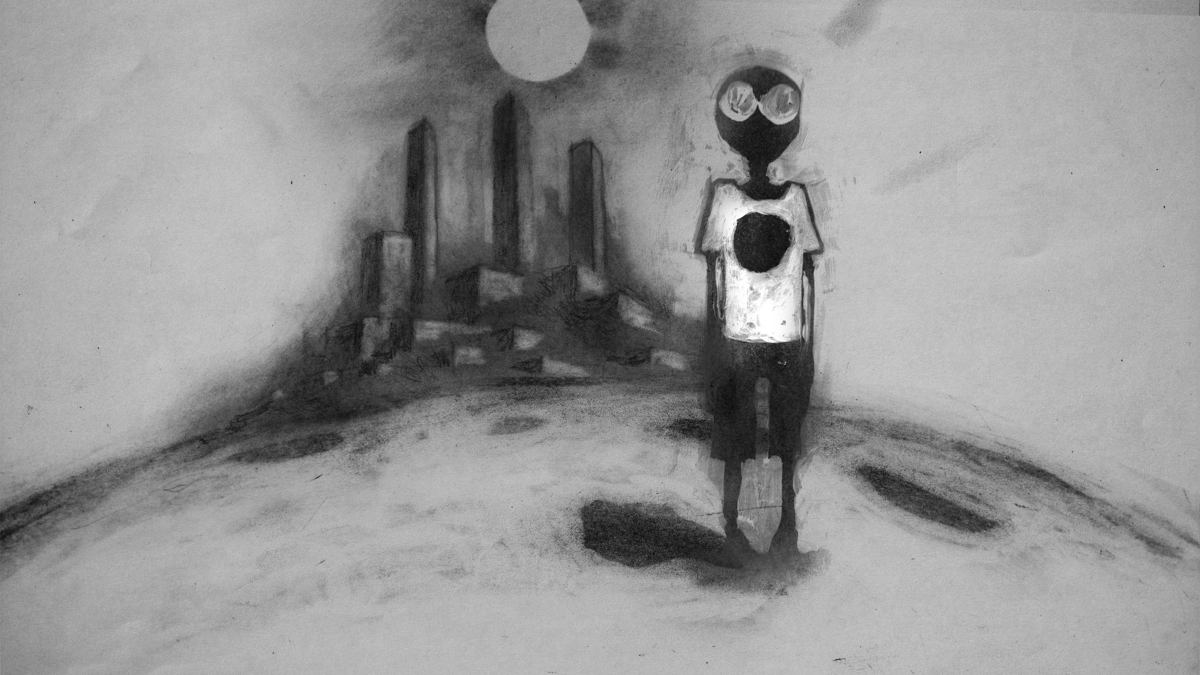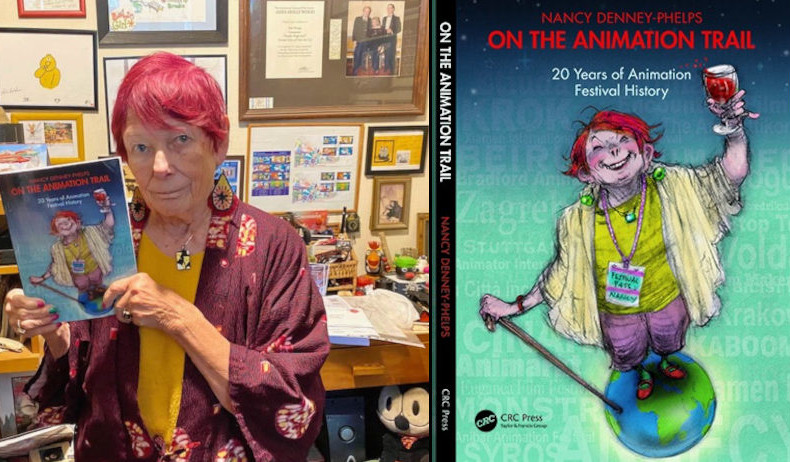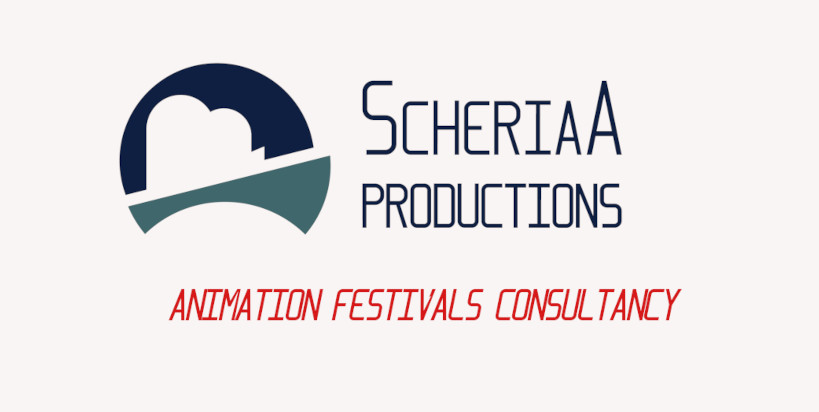Animafest Zagreb's Science Fiction in Animation Programme 2: World of Tomorrow (GoCritic! Review)
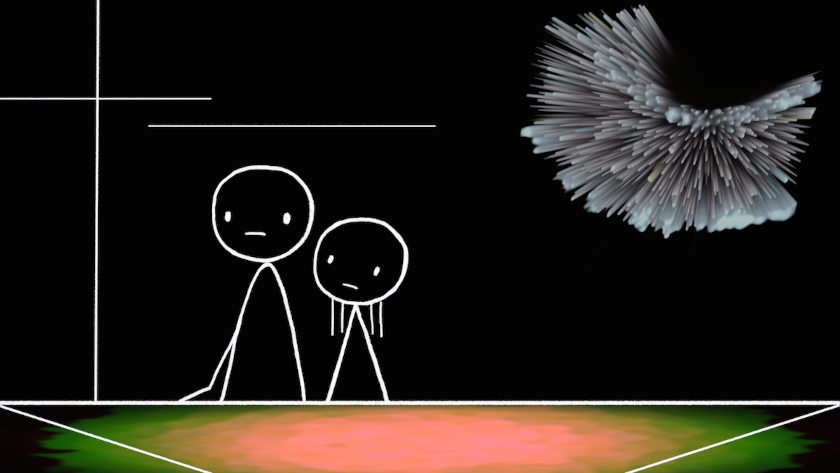
In today's devilishly hot and greedy social landscape, there tend to be two main ways of thinking about tomorrow, two concepts of the future that clash and mingle in our minds and in the public sphere. One concerns an individualistic, hope-I-don’t-get-thrown-in-jail-for-tax-evasion kind of tomorrow. The other is a more interpersonal, hope-the-Earth-doesn’t-burn-us-all-alive kind, which pressurises us from the outside, threatening to compress our heads into miniature marbles of terror.
All of us experience and struggle with this dichotomy of thought, but to insist on it as absolute would surely also inspire protest. Not least among the organisers of this year's Animafest Zagreb who, with their Science Fiction in Animation thematic section, reminded us that there are other ways of tomorrowing — if we allow ourselves to be led by art. In a slot titled 'World of Tomorrow', the careful selection of five animated shorts was a wonderful demonstration of how absurdist humour – as opposed to the musty insistence on realism in the mode of the rational man – can serve as an effective lifeline for the future-beleaguered mind and help us process our every day worries.
Instead of presenting us with further iterations of traditionally conceived hellscapes (as many science-fiction films tend to do), the block was surprising in its optimistic outlook. That is not to say that the imagined futures are all hopeful utopias: they are still largely presented as undesirable. Rather, the satirical framing of their dystopian qualities and the people (our descendants) inhabiting them provides a much-needed, often ironic distance from our usual patterns of thinking. The absurdist lengths to which the stories are taken are crucial in this regard, acknowledging our fears as legitimate, while simultaneously allowing us to let our guard down and laugh at all the extreme ways in which the future could unravel. We are, in fact, invited to crack up at man-made horrors, the laughter spiking an otherwise dark-tinged viewing experience with positivity.
The shorts were spearheaded by Georges Méliès' classic 'A Trip to the Moon' (1902), a pataphysical, anti-imperialist parody about, well, a group of gentlemen going to the moon and vanquishing the tribesmen living there by hitting them with umbrellas. Although technically live-action – albeit inseparable from certain animation techniques, such as substitution splice editing or hand-painted film stock – this work is considered to be the earliest science-fiction film still in existence today. And its positioning at the head of the line-up created a sense of continuity among the subsequent shorts, an evolution of futurist satire.
In this context, the eponymous 'World of Tomorrow' (2015, Don Hertzfeldt) takes this darkly humorous mood to another level, offering up a ridiculously bleak future, populated with emotion-starved clones and uploaded consciousnesses. However, by presenting its subject through a conversation between a child and her clone from the future, in a visual style imitating the cuteness of kindergarten drawings, its depressive undertones are knitted together with cheerier, contrasting sentiments. At one point, we see humans appearing in orbit and crashing down to Earth as balls of flame, resorting to “discount time travel” to escape an incoming meteor. A tragedy, for sure, but given that they are pictured as stick people and that the little girl considers them to be pretty shooting stars, we smile at the prospect of dying in this way. Doom is reduced to a funny little thing.
The following two shorts, 'Car Craze' (2003, Evert de Beijer) and 'Intolerance II: The Invasion' (2001, Philip Mulloy) – although chronologically preceding World of Tomorrow – journey even further into morbid comedy. In both stories, humans take the form of misshapen character models which are more like zany aliens than people. And their behaviour is similarly grotesque: they appear incurably unintelligent and have a curious obsession with sex, which only furthers their clumsiness. As we watch them, we are lifted above human masses of the future and allowed to cackle at both the ugliness and the pure, human banality, not just of tomorrow, but of the present day it reflects.
The line-up concluded with 'Unnecessary Things' (2020, Dmytro Lisenbart), a Ukrainian production about a robot named Rob adopting a guy named Robert as his human pet. This is a strikingly restrained piece, using its seemingly farcical premise not to poke further fun at human beings or our petty societies, but to pay tribute to what it means to still feel genuine emotions in an unhinged world. Portrayed by way of a theatrical visual style, the curious relationship between Rob and Robert suggests that the strongest bonds can perhaps be formed by confronting the absurd. Remarkably, the love the two characters feel for each other reaches out to something inside of us, offering a hopeful glimpse beyond our worry-filled, limited horizons.
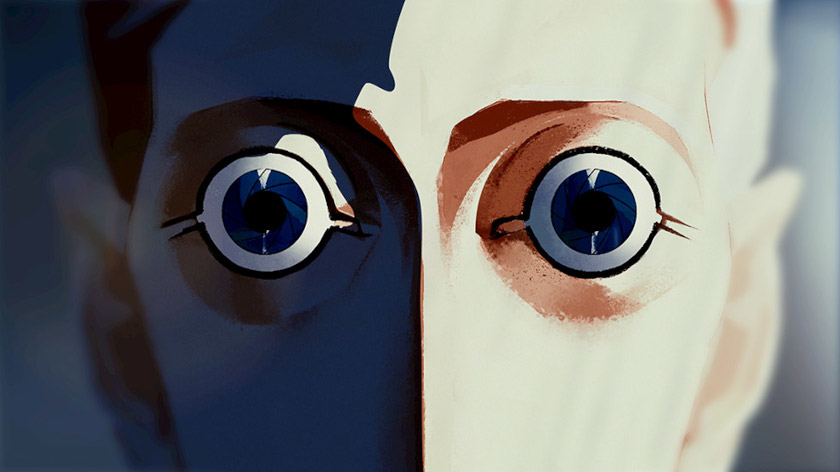 Unnecessary Things by Dmytro Lisenbart
Unnecessary Things by Dmytro Lisenbart
Through humour, then, we can more easily recognise the senselessness of our surroundings and alleviate the stress of our minds' insistent tomorrow. This is the message this string of five shorts so elegantly delivers, allowing us to laugh but also incorporating enough profundity and careful craft to ensure we don’t choke on our laughter, shining a light on the beauty beneath the burlesque.
Contributed by: Alen Golež




